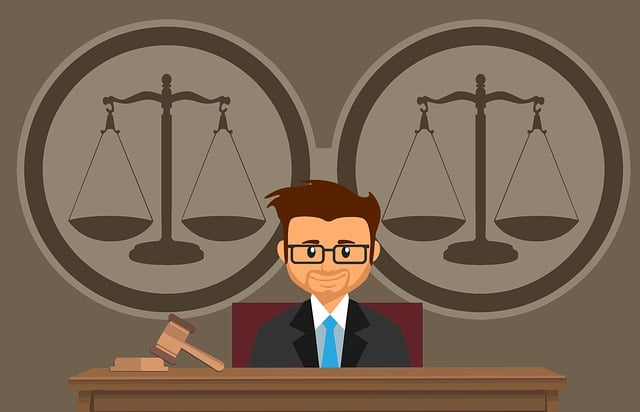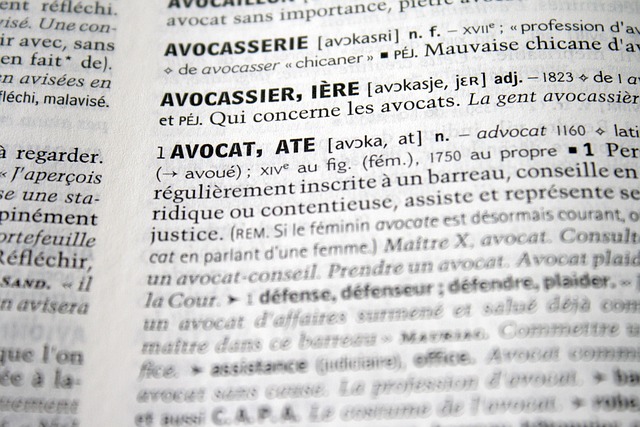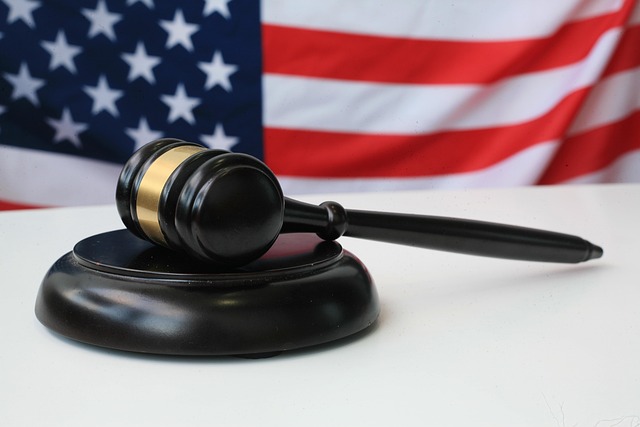Regulatory fraud laws are essential for protecting consumers in the real estate sector, and hiring a Real Estate Litigator offers significant advantages in combating such fraud. These specialists guide clients through complex legal processes, ensuring transparency and public trust. With their expertise in transactions and regulations, they detect anomalies, scrutinize contracts, and provide strategic defense strategies. Real estate litigators' skills in financial record analysis, argument construction, and jury communication enhance fraud prosecution. Their experience ensures effective case management and successful outcomes. Engaging these professionals minimizes risks, protects reputations, and leverages tailored guidance for robust legal defenses against regulatory fraud.
In the complex landscape of real estate transactions, regulatory fraud poses a significant threat. Understanding and navigating Regulatory Fraud Laws is crucial for all stakeholders. This comprehensive guide explores the nuances of these laws, shedding light on their vital role in maintaining integrity within the industry. We delve into the specific contributions of real estate litigators in fraud prevention, uncovering the benefits of hiring specialists for robust legal strategies. Through case studies and best practices, this article provides valuable insights into navigating complexities and successfully combating fraud.
- Understanding Regulatory Fraud Laws: A Comprehensive Guide
- The Role of Real Estate Litigators in Fraud Prevention
- Uncovering Benefits: Why Hire a Specialist for Fraud Cases?
- Case Studies: Successful Litigation Strategies Against Fraud
- Navigating the Complexities: Challenges and Best Practices
Understanding Regulatory Fraud Laws: A Comprehensive Guide

Regulatory Fraud Laws are a crucial set of guidelines designed to protect consumers and maintain integrity in various industries, with real estate being no exception. These laws are comprehensive, aiming to prevent and penalize fraudulent activities that can significantly harm businesses and individuals alike. Understanding these regulations is essential for anyone involved in the respective business, as they ensure fair practices and safeguard against potential legal pitfalls.
By hiring a Real Estate Litigator with an unprecedented track record, businesses can navigate the complex landscape of regulatory fraud laws effectively. These experts guide clients through all stages of the investigative and enforcement process, ensuring compliance and offering valuable insights to mitigate risks. They play a pivotal role in fostering transparency, which is vital for maintaining public trust in the industry.
The Role of Real Estate Litigators in Fraud Prevention

Real Estate Litigators play a pivotal role in preventing fraud within the industry. Their expertise lies in navigating complex legal landscapes, which is essential for detecting and deterring fraudulent activities. These litigators possess a deep understanding of real estate transactions, enabling them to identify potential red flags and anomalies that may indicate fraudulent schemes. By engaging their services, individuals and organizations can leverage the benefits of having a legal professional who specializes in uncovering deceit during all stages of the investigative and enforcement process.
Hiring a Real Estate Litigator offers numerous advantages when it comes to fraud prevention. They have the knowledge and skills to scrutinize contracts, financial records, and other relevant documents, ensuring compliance with regulations and identifying any discrepancies. Moreover, these litigators can provide strategic guidance on how to structure transactions to minimize risks and avoid indictment in case of suspected fraudulent activities. Their involvement fosters transparency within the real estate sector, safeguarding the interests of philanthropic and political communities alike.
Uncovering Benefits: Why Hire a Specialist for Fraud Cases?

Uncovering Benefits: Why Engage a Real Estate Litigator for Fraud Cases?
When faced with regulatory fraud charges, one of the most strategic decisions you can make is to hire a specialist in real estate litigation. These legal professionals bring a unique set of skills and knowledge that are invaluable in navigating complex white-collar and economic crimes cases. Their expertise lies in understanding the intricate details of property transactions and regulations, which often serve as the backbone of fraud investigations. By engaging such a specialist, you gain access to an advocate who can unravel seemingly confusing legal matters and present a compelling defense on your behalf.
Real estate litigators are adept at dissecting financial records, identifying discrepancies, and constructing robust arguments that challenge the prosecution’s case. Their experience in handling jury trials equips them with excellent communication skills, allowing them to effectively convey complex ideas to both legal peers and laypersons—a crucial aspect when presenting your defense to a jury. Moreover, these specialists often have extensive insights into industry standards and regulatory practices, enabling them to provide strategic guidance tailored to your specific case.
Case Studies: Successful Litigation Strategies Against Fraud

In the fight against regulatory fraud, case studies highlight successful litigation strategies that serve as powerful tools for justice. One notable approach involves specialized legal expertise, particularly in real estate litigation. The benefits of hiring a real estate litigator are multifaceted; these professionals possess an unprecedented track record in navigating complex legal landscapes related to white-collar and economic crimes. Their skills extend to all stages of the investigative and enforcement process, ensuring robust representation for victims and facilitators alike.
Through meticulous case analysis, these litigators uncover subtleties that may elude general practitioners. They employ strategic tactics tailored to regulatory fraud cases, enhancing the chances of successful prosecution and restitution. By leveraging their extensive knowledge and experience, they contribute to shaping the legal narrative, fostering a deterrence effect that reverberates throughout the industry.
Navigating the Complexities: Challenges and Best Practices

Navigating regulatory fraud laws can be a complex landscape for both corporations and individual clients. As such, one of the key considerations is to hire a real estate litigator who understands the intricacies of these laws and can guide clients through all stages of the investigative and enforcement process. These professionals bring immense value by providing strategic insights tailored to each respective business’s unique situation, ensuring compliance and minimizing legal risks.
The best practices for tackling these complexities involve proactive measures such as thorough due diligence, implementing robust internal controls, and fostering a culture of ethical conduct within organizations. Additionally, staying abreast of regulatory changes and industry trends is essential. By combining these strategies with the expertise of a real estate litigator, businesses can enhance their defenses against fraud allegations, safeguard their reputations, and maximize the benefits of adhering to regulatory requirements.
In navigating the complex landscape of regulatory fraud laws, understanding the intricacies and leveraging the right expertise are paramount. As discussed, real estate litigators play a crucial role in preventing and addressing fraud, offering specialized knowledge that can significantly enhance outcomes. By hiring a specialist in fraud cases, individuals and businesses gain access to proven strategies and a deeper understanding of the legal framework. The benefits of their expertise are evident through successful case studies, demonstrating the impact on resolving complex fraud matters effectively and efficiently. Thus, when facing regulatory fraud issues, turning to real estate litigators with experience in these areas is a strategic move that can yield substantial advantages.






